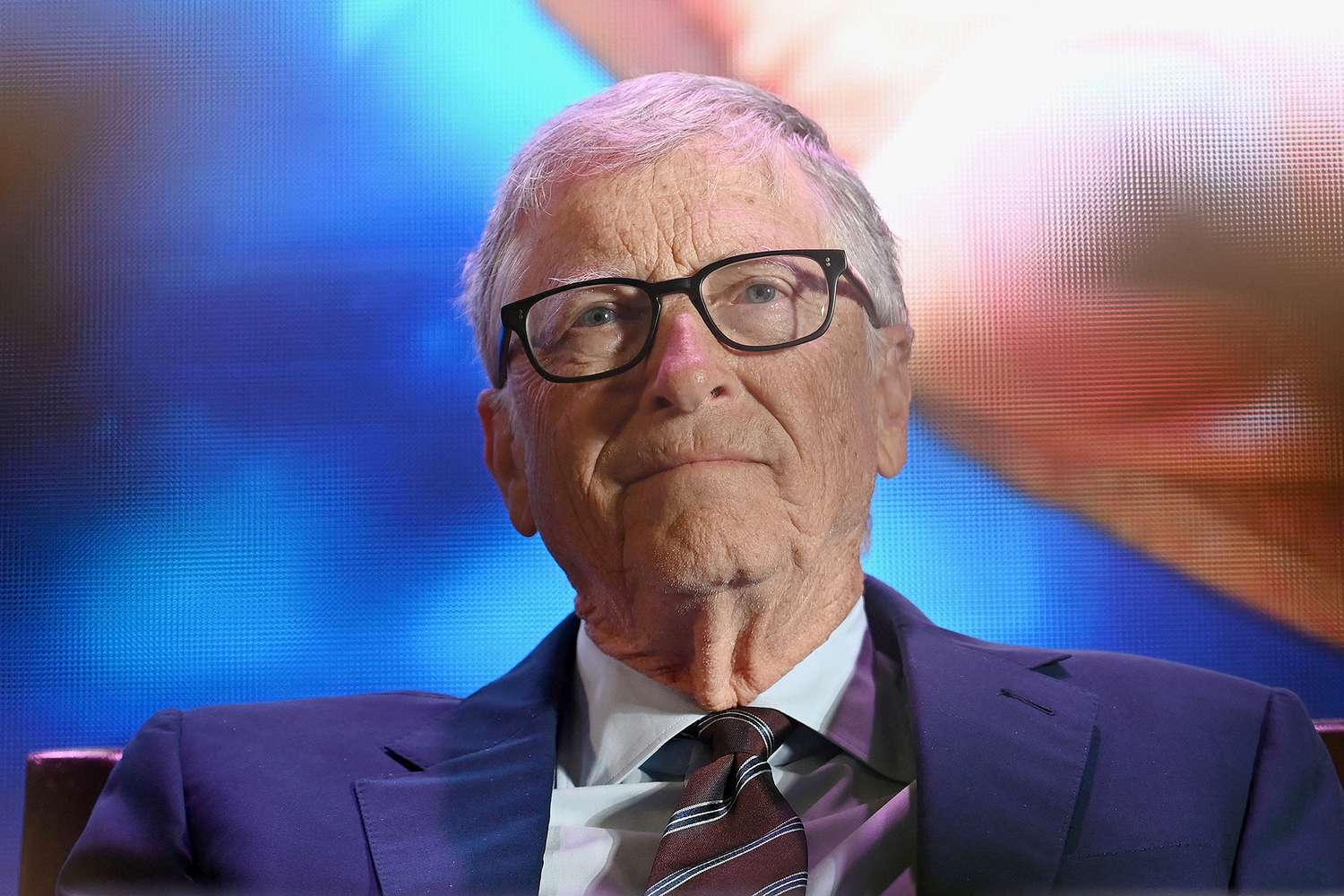Artificial Intelligence Set to Transform Roles of Doctors and Teachers in the Next Decade

AI and the Future Job Landscape: Insights from Bill Gates
The Role of AI in Shaping Professions
In a recent interview on The Tonight Show Starring Jimmy Fallon, Bill Gates, the renowned co-founder of Microsoft, shared his thoughts on artificial intelligence (AI) and its potential impact on various professions. Gates expressed his belief that within the next decade, AI is expected to significantly take over roles traditionally filled by humans, including doctors, teachers, and mental health professionals. He stated that humans may not be needed for "most things" in professional settings.
Gates’ Vision for AI Integration
During his appearance on February 4, 2025, Gates discussed the transition from a world where computing resources were costly to one where AI can provide human-like intelligence seamlessly and affordably. He explained that exceptional medical care and effective tutoring could soon become widely accessible due to advancements in AI technology. Gates emphasized that the increase in AI capabilities would not just meet the demand for skilled professionals but also revolutionize the way we approach education and healthcare.
Key Points from Gates’ Discussion:
- AI as a Solution: The current shortage of doctors and mental health experts could be addressed by AI, which can deliver high-quality advice and support.
- Rapid Change Ahead: As AI becomes ubiquitous, it will bring dramatic changes to job structures and daily work routines. Questions about the future of work, such as reduced working hours, are now more relevant.
Addressing Concerns About AI
Gates acknowledged that the rise of AI raises concerns and uncertainty about its implications. He pointed out the critical questions regarding human involvement in the future job market. While AI technology advances, it’s important to consider what roles humans will still play. He believes that while many tasks may be automated, there will always be aspects of life that people will cherish, like watching live sports.
Embracing Innovation with Caution
Gates highlighted a duality in the rise of AI — while it holds great potential for innovation, it also demands thoughtful management. "It’s completely new territory," he noted, emphasizing that both excitement and fear accompany the upcoming changes in our professional lives. Citizens may need to adjust their expectations and adapt to new ways of working and living in a world increasingly influenced by AI.
The Future of Healthcare and Climate
Despite the overwhelming changes AI may bring, Gates remains optimistic about the many possibilities it introduces, especially in healthcare and climate change initiatives. He noted his enthusiasm for upcoming innovations that aim to enhance health outcomes for diseases like Alzheimer’s and polio. Furthermore, he emphasized the potential for technological solutions to combat climate issues, reinforcing his belief in the positive developments we can expect in the future.
Areas of Optimism:
- Health Improvements: Continued advancements promise better solutions for various health challenges.
- Environmental Innovations: New technologies can help tackle the pressing issue of climate change.
Gates’ Current Endeavors
Gates appeared on The Tonight Show to promote his memoir, Source Code, which chronicles his life experiences and insights leading to significant milestones, such as Microsoft turning 50 and the Gates Foundation celebrating its 25th anniversary. He reflected on how his early life positioned him to make impactful contributions to the digital revolution and how this awareness informs his outlook on future innovations.
In summary, as AI evolves, it will undoubtedly reshape industries. Its integration into sectors such as healthcare and education presents both opportunities and challenges that society will need to navigate carefully. Gates’ insights encourage a balanced view of AI’s role, blending optimism with prudent considerations.





